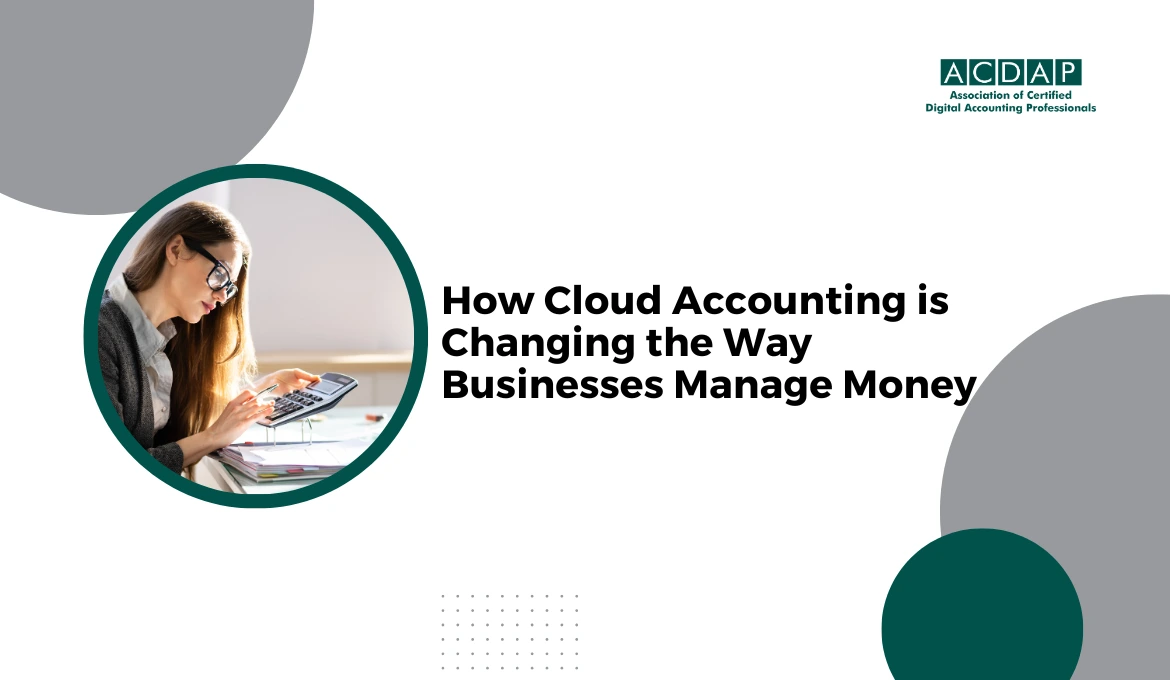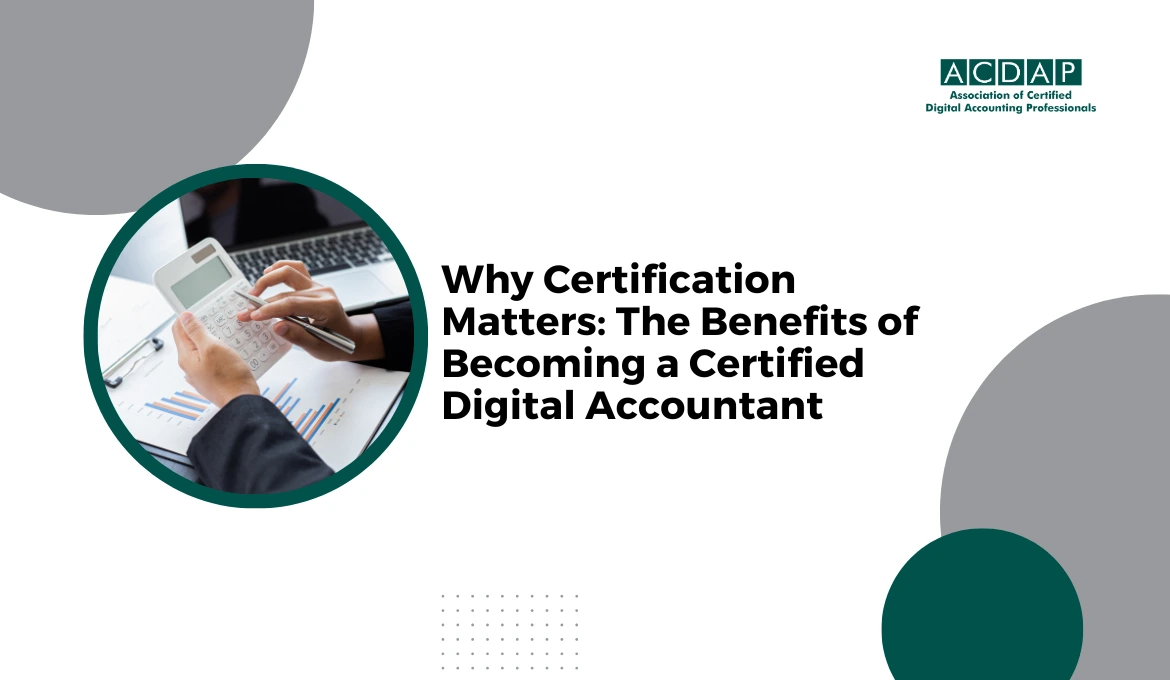Digital accounting represents a paradigm shift in managing and processing financial data. As the finance sector evolves, transitioning from traditional accounting practices to digital methods has become inevitable.
In essence, digital accounting refers to using technological tools and software to streamline financial processes, ensuring accuracy, efficiency, and real-time access to data. This transformation has reshaped the role of accountants and finance professionals, offering unprecedented connectivity and accessibility to financial information.
The Shift to Digital Accounting
The move from manual bookkeeping to digital accounting marks a significant leap in financial management. Traditional accounting relied on handwritten ledgers, spreadsheets, and manual calculations, which were time-consuming and prone to errors.
With the advent of digital accounting, tasks like recording transactions, reconciling accounts, and generating financial statements have become automated. This shift has empowered businesses by providing real-time insights into their financial health, enabling informed decision-making.
Technological Advancements in Accounting
Technological innovations have been instrumental in revolutionising accounting practices. Cloud computing, artificial intelligence (AI), machine learning, and automation have emerged as key drivers of change.
Cloud-based accounting software allows businesses to store and access financial data securely from anywhere, eliminating physical infrastructure constraints.
AI and machine learning algorithms enable predictive analysis, anomaly detection, and intelligent automation, enhancing accuracy and efficiency in financial operations.
Impact of Digital Accounting on Financial Reporting
Digital accounting has significantly transformed financial reporting practices. It has facilitated the creation of accurate, timely, and transparent financial reports. Businesses can now generate comprehensive reports swiftly, enabling stakeholders to make well-informed decisions.
Additionally, digital accounting has improved compliance with regulatory standards by ensuring data integrity and consistency, enhancing trust and credibility in financial reporting.
Digital Accounting Tools and Software
Prominent digital accounting tools and software like QuickBooks, Xero, and Sage have become indispensable for businesses and accounting professionals. These platforms offer a suite of features, including automated invoicing, bank reconciliation, expense tracking, and customisable reporting.
They empower users with intuitive interfaces, facilitating easy navigation and usage. Furthermore, they foster collaboration among team members and clients by allowing shared access to financial data in real-time.
Challenges and Risks in Digital Accounting
Despite its numerous benefits, digital accounting introduces specific challenges and risks. The increased reliance on digital systems makes businesses vulnerable to cybersecurity threats and data breaches.
Protecting sensitive financial information becomes imperative, necessitating robust cybersecurity measures, regular audits, and employee training.
Furthermore, technological disruptions or system failures could disrupt operations, highlighting the need for backup plans and disaster recovery strategies.
The Role of Digital Accountants in the Future
The role of accountants is evolving in response to the digital transformation. Beyond number-crunching, accountants now serve as strategic advisors, leveraging advanced analytics and insights derived from digital tools.
They must acquire data analysis, cybersecurity, and strategic decision-making proficiency to thrive in this digitally-driven landscape. Digital accountants are expected to provide value-added services, interpreting complex financial data to guide business strategies and optimise financial performance.
The Bottom Line
The evolution of digital accounting has reshaped the finance sector, offering unparalleled efficiency and accuracy in financial management. Embracing digital accounting tools and technologies is no longer an option but a necessity for businesses aiming to stay competitive in today's dynamic landscape.
As the finance sector evolves, adapting to and leveraging digital accounting practices will be vital for the success and growth of businesses and finance professionals.


























